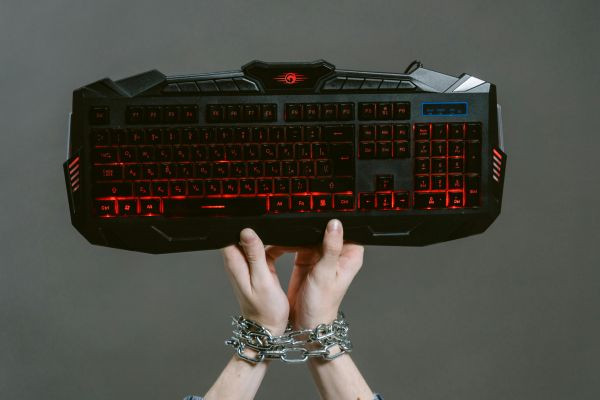Hosting a gaming tournament is quite an entertaining activity whether it is to hold for friends, for a community, or to a larger audience.
12/19/24 • 233 Views
Hosting a gaming tournament is quite an entertaining activity whether it is to hold for friends, for a community, or to a larger audience. Planning and executing your event well, you can host an interesting, competitive, and memorable event. Here's how you do it.
Step 1: Define Your Tournament Goals
Before you get into the nitty-gritty, define what you want out of hosting the tournament. Is it a community event for the neighborhood gaming community, a fundraiser, or just playing with friends? These goals dictate bigger decisions about scale, cost, and type.
Step 2: Choosing the Right Game
The choice of game would be important and hence should align with your target audience. So, multi-player games like "Fortnite," "Call of Duty," "League of Legends," or "Super Smash Bros" make for good choices most of the time. Ensure that the game is broad, has clear mechanisms for competition, and also easy to access for your participants.
Step 3: Determine the Format and Rules
Identify the tournament format. It could be any of the following:
Single Elimination: The player is eliminated after he loses.
Double Elimination: When he loses, then a chance to compete again comes his way.
Round Robin: The winner is the one who wins the most as each and every participant competes against others.
Team-Based: Players are categorized in teams instead of being solitary players.
There should be clear and strict rules on playing and gaming time limits, techniques, and procedures on disputable events. All of these must be informed well before the time of competition for those involved.
Step 4: Venue and Equipment
The venue can range from a local gaming cafe or community center to an online platform if you’re hosting a virtual tournament. Ensure the venue has adequate space, seating, and internet connectivity. If it’s an in-person event, you’ll need gaming consoles or PCs, monitors, controllers, and other necessary peripherals.
For online tournaments, you will need to choose a suitable platform on which the matches will be held and on which interactions with participants will be possible. You may use Discord or dedicated esports software to simplify the procedure.
Step 5: Choose Participants
For online tournaments, promote through social media, forums, and local communities. Make clear how to register and what the entry fees are, and what the prize pools will be, and what the event schedule is. The better estimation of the number of participants and thus easier planning will be done if early registration takes place.
Step 6: Organization of Prizes and Sponsorships
The prizes should be composed of cash prizes and gaming gears as gift cards and even trophies. Sponsorship request can then be requested from the local businesses or gaming-related firms and organizations in case budget is such a problem. Sponsorship would then be in terms of monetary fund or prizes but in return, sponsors are rewarded through promotions during that particular event.
Step 7: Event Schedule Plan
Plan all the matches, breaks, and other activities that could be mini-games or even live commentaries and show an in-depth schedule of events. Let them see it beforehand so that they can gear themselves up for what's going to come their way.
Step 8: Setting Up of Streaming and Recording System
For a bigger tournament, the live matches should be streamed via other platforms such as Twitch or YouTube. It will surely thrill the audience, and most probably more audiences will watch it as well. Overlays, commentaries, and highlight reels will definitely give depth to the experience of viewers.
Step 9: Testing Everything
Test event before the tournament. The purpose is to address the technical issues, and at this point, try every gadget under the sun. Therefore, at the actual event, nothing will provide an excuse for stoppages to occur during the event.
Step 10: The Tournament
On the day of the tournament, be on time to set up the venue or virtual space. Greet participants, explain the rules, and get games scheduled. Keep an eye on the event in case something goes wrong; let everything run smoothly.
Step 11: Wrap Up and Celebrate
Lastly, the award-giving ceremony after the last game of the tournament shall also be done to commend the winners, thank the participants, and gather opinions on what went right and wrong with both players and viewers in terms of what can still improve.
Conclusion:
The organization of a gaming tournament may have challenging issues, but on your parts is worth all efforts done in holding the event. To whoever it may be-in generating bond, competitive expertise, or showing love and appreciation in playing games-the planned proper event leaves a large influence on everybody involved. Be ready, gather your teammates, and hold an occasion that will not be memorably remembered.









